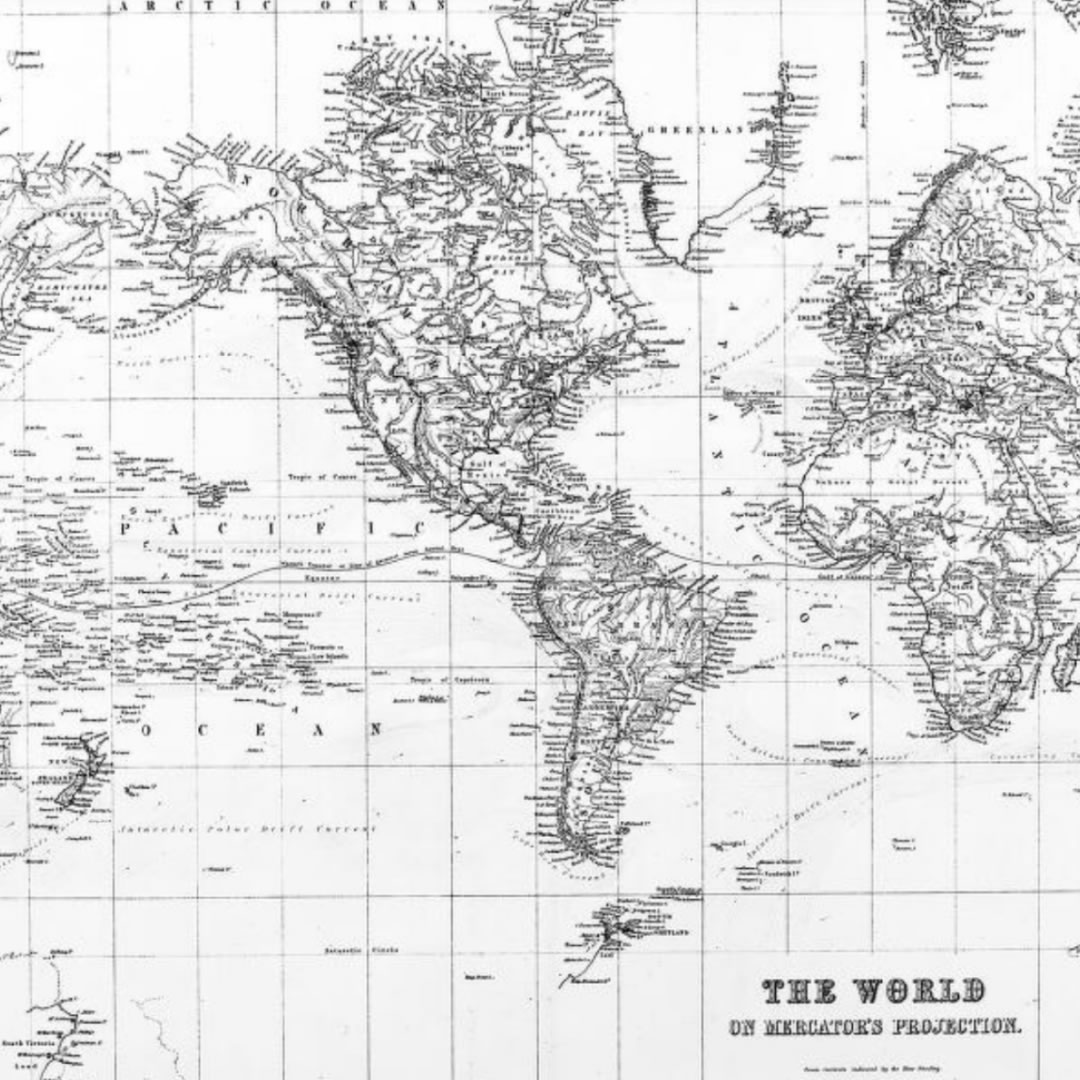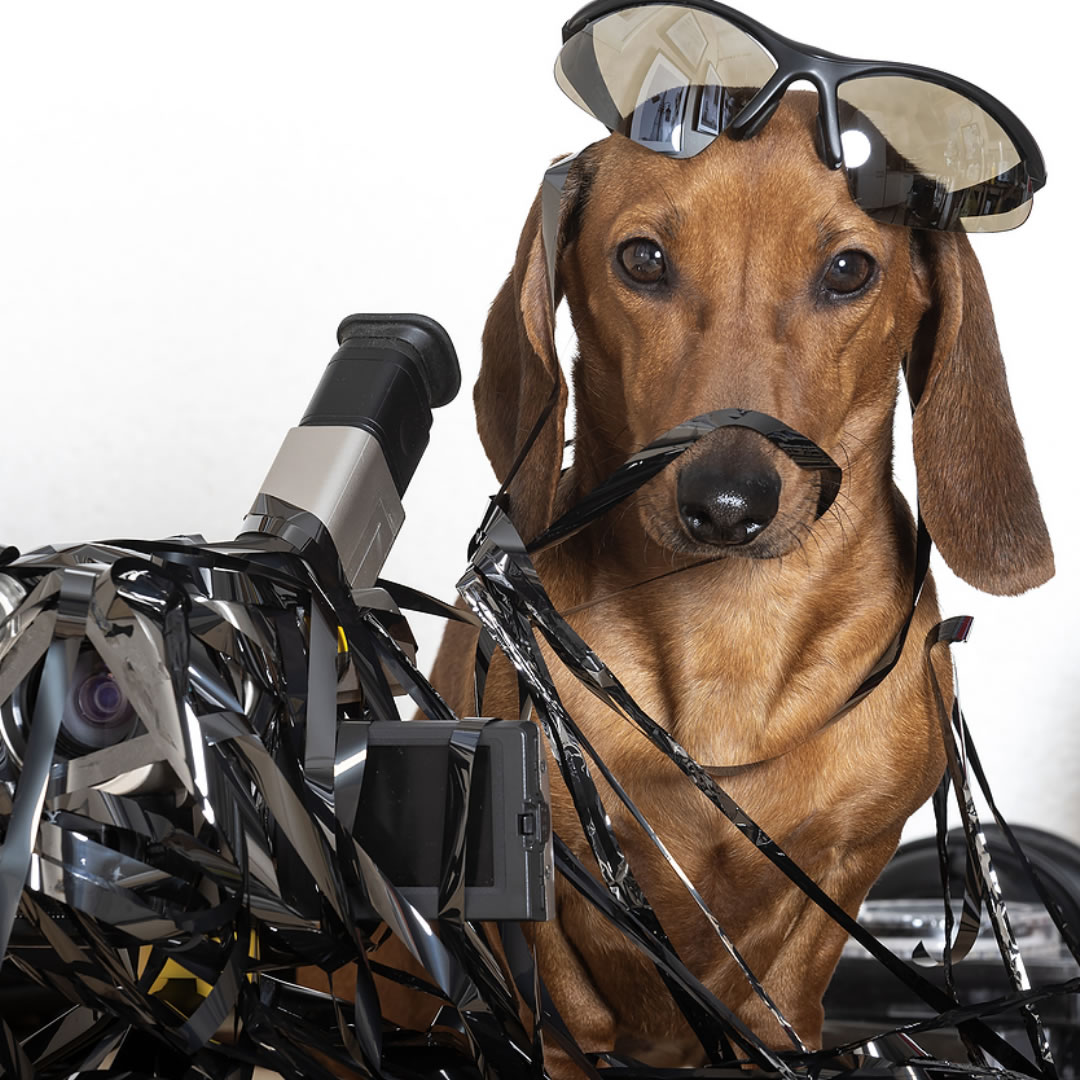


Flexibility

Flexibility
Listening and trying to understand different opinions and points of view are crucial to ensure effective teamwork. However, this requires a certain level of flexibility and willingness to compromise. Here’s a couple of prompts that might help you demonstrate this skill:
Check out our learning platform!


Creativity

Creativity
Creativity is about making unexpected connections, looking at the world or a problem/task from a different perspective, and/or combining things that usually do not belong together. Here’s a couple of prompts that might help you demonstrate your ability to make unexpected connections:
Check out our learning platform!


Review and dissemination

Review and dissemination
You’ve just created a video and you’re excited to share it with the whole world, congratulations! Welcome to the next step – that is trying to get your work seen. It might feel like you’ve done all the hard work already but … this step requires attention and planning as well. After all, if no one, or in fact if your prospective employers, won’t watch your digital story, all the hard work will be fruitless. 🍒 It is important to prepare a publicity plan. Here’s a couple of things to take into account:
Check out our learning platform!


Flexibility

Flexibility
Flexibility competence is tested and developed when having to adapt to new environments. Especially if one moves abroad to study/work/live. Demonstrate your ability to adapt to new environments by answering the questions below 👇
Check out our learning platform!


Execution

Execution
Filming Checklist: audio
Check out our learning platform!


Creativity

Creativity
Creativity + planning = strategic thinking, and if you’re good at it, remember to mention this skill in your video CV!
Check out our learning platform!


Self-management

Self-management
The ability to stay motivated, even if something goes wrong, is an important and sought-after skill. Here’s a couple of examples that might help you demonstrate this ability:
Check out our learning platform!


Collaboration

Collaboration
Good communication skills are key to effective collaboration in the 21st century. If you can communicate your ideas clearly and concisely, you can reduce the likelihood of mistakes and misunderstandings. If effective communication is your strong suit – be sure to mention it! The question is how, right? Here’s a couple of prompts that might help you get the ball rolling:
Check out our learning platform!
